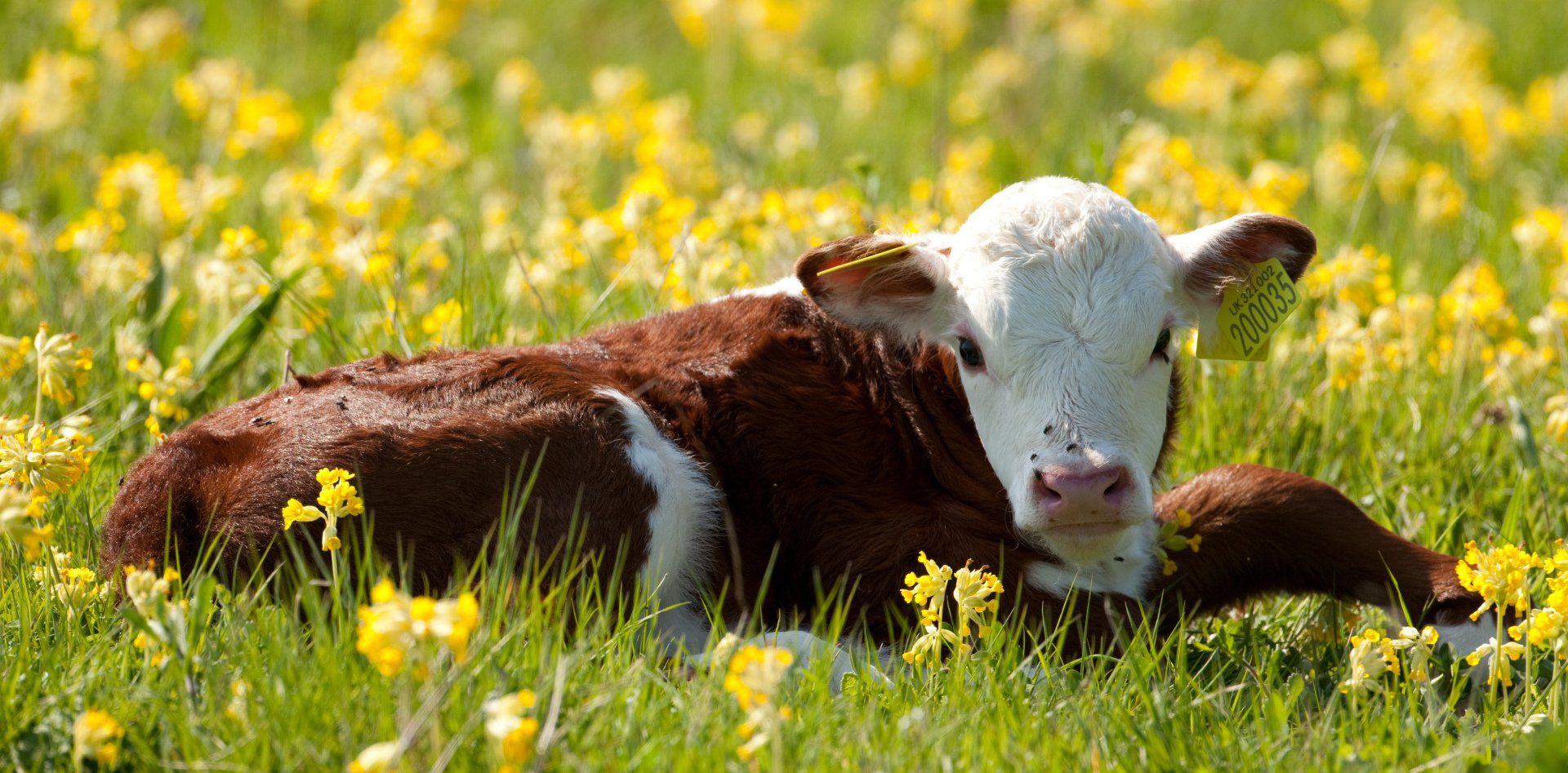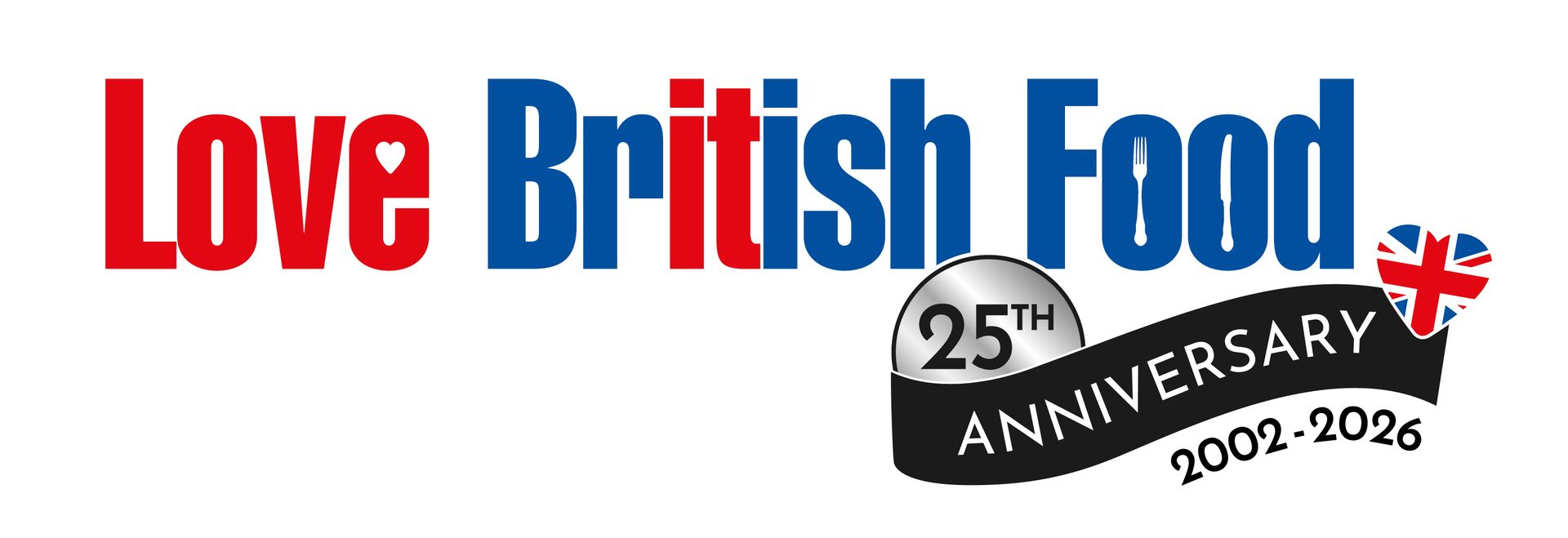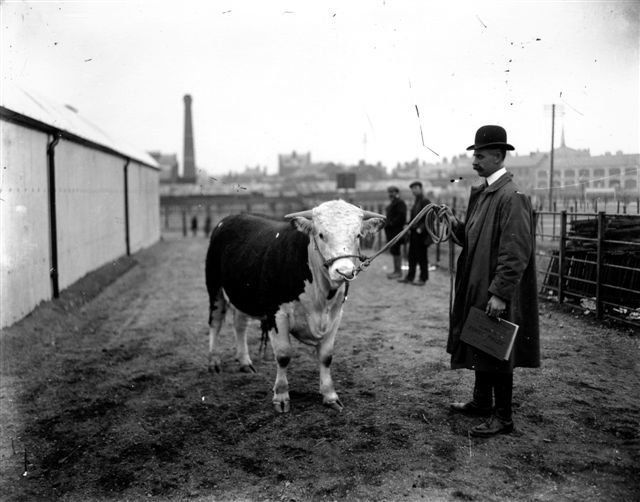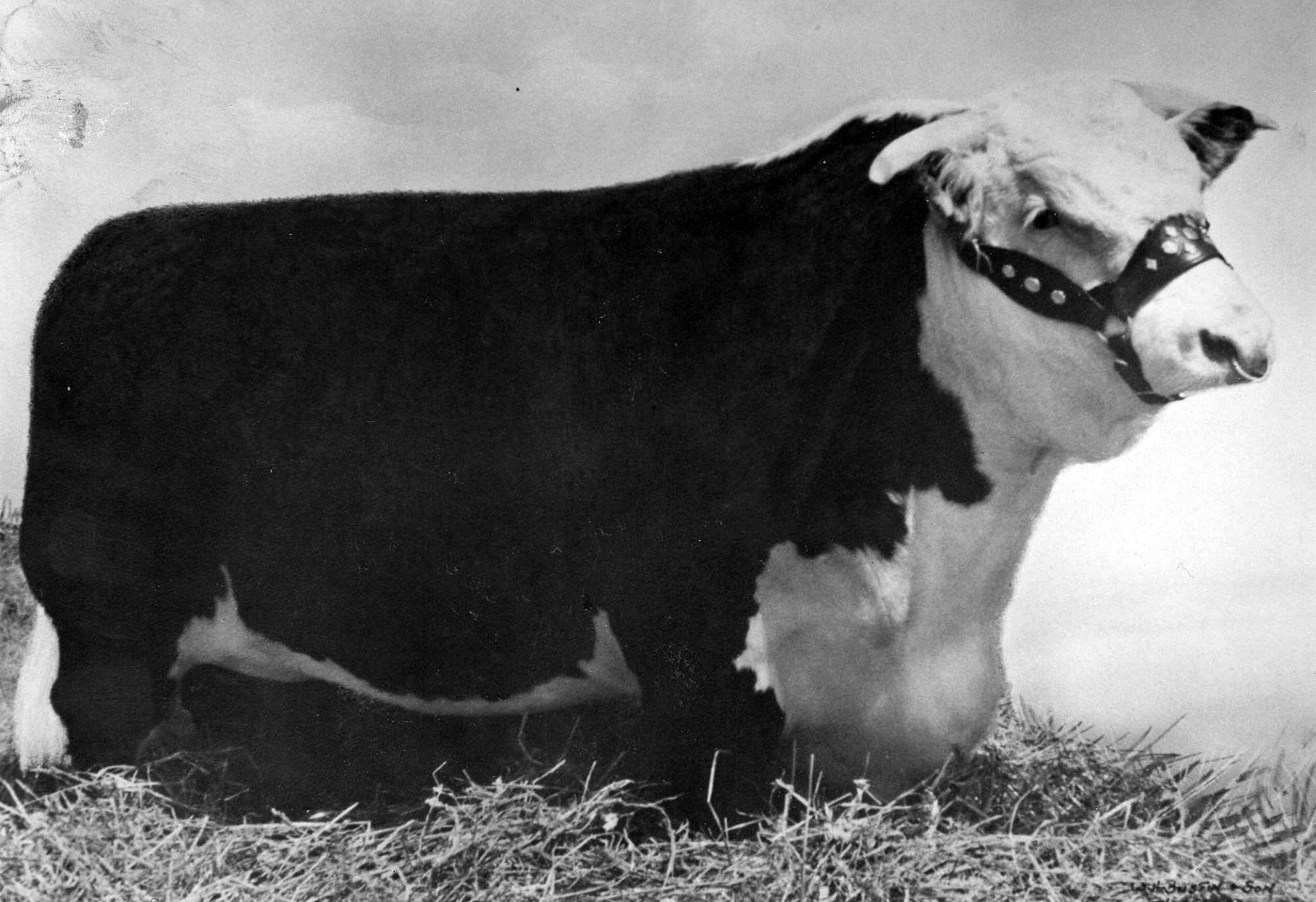The story of one of the oldest and greatest beef breeds in Britain.
By David Deakin, Secretary of the Hereford Cattle Society

Herefordshire and its surrounding areas became known for the size, hardiness, characteristics and high quality of its cattle noted by agricultural commentators in the 17th and 18th centuries, and by the end of the latter, the white face and deep red coat of the present breed were established.
Several local farming families were instrumental in the development of the iconic breed, which was soon to become the world’s greatest beef breed.
After several show successes and a consistently strong trade, this new breed was cemented and the first herd book of Hereford cattle was published in 1846 by Thomas Eyton of Wellington, Shropshire. Since 1886 the herd book has been closed to any animal with a sire or dam not previously recorded, which means for over 130 years there has been continuous breeding from those first cattle.
Originally named the Hereford Herd Book Society, it was founded in 1878 by Mr JH Arkwright of Hampton Court, Herefordshire, under the patronage of Queen Victoria. The organisation changed its name to the Hereford Cattle Society in 1996 but has occupied Hereford House at 3 Offa Street in central Hereford, throughout its history and where the society still operates to this day.
During the middle of the 20th century, Hereford bull sales would attract a myriad of nationalities to the city of Hereford, some farmers in their own right and others working as agents, exporting quantities of cattle for individuals abroad. People travelled from all over the world, from Argentina, Uruguay and Chile to Australia and South Africa, and huge sums of money exchanged hands for these beasts. What would have started as a colloquial meeting of breeders from Herefordshire and the surrounding border counties evolved into a national and international event.
Out of the sale ring, and away from the market, the Green Dragon Hotel on Broad Street served as a hub of social excitement for all involved with a ball held on the Monday night after the show, before Tuesday’s January bull sale. At this time, Captain de Quincey at The Vern, Bodenham and the Lewis family at The Haven, Dilwyn among others, were breeders of highly sought-after cattle. Unlike today’s type, the cattle of the mid 20th century, were much shorter in stature, as per many other breeds of the time, and were known as ‘belt buckle’ cattle. This was the beast the market demanded at the time, and so that is what was bred.
The importation of continental cattle began in the seventies, which was to change the face of the British cattle industry for many years. These cattle didn’t affect the Hereford breed immediately, but there was a sense of change to come, particularly with entry into the European Common Market and changes to farm support payments. Reacting to this, the Hereford breed underwent a period of breeding for greater size, much like those early day cattle, and this greater stature and quality of animal is what has made the Hereford once again a highly competitive choice of breed in today's marketplace.
Hereford Cattle Society is the only body responsible for the registration and promotion of Hereford cattle in the UK, and as the breed spread around the world from its humble beginnings due to its quality of beef and terrific adaptability, overseas Hereford associations were established to manage matters within those beef producing countries.
The Hereford has been exported to over 120 countries throughout the world, surviving in all climatic conditions. From the pampas areas of South America to the Steppes of Russia, the breed can be found in every inhabited continent in the world and there are now at least 25 countries maintaining their own Hereford cattle records, all relating back to the cattle recorded in those early volumes of the herd book produced by Mr Eyton.
The Hereford is now widely recognised for its ease of management, including at calving and through its docile temperament. It has excellent forage ability and produces marbled beef of superior quality.
After a tough period for the breed through the eighties and nineties, Hereford cattle are now back in demand. Over 9,000 pedigree calves are now registered each year, which is up nearly 50 per cent compared to 10 years ago. Looking at the equally important commercial numbers, over 185,000 Hereford sired progeny are registered annually in the UK, including those on suckler and dairy systems. This is an almost 90 per cent increase over the last decade.
Hereford cattle have been, and continue to be, an important part of the fabric of the Herefordshire countryside. It is their appetite for grass that makes Hereford Beef tender and flavoursome, while also unlocking environmental and health benefits, such as a higher levels of omega-3 content. So when you are looking to buy your next piece of beef, firstly check it is British, and then make sure it is Hereford.New Paragraph
Share:
You may also be interested in...
















